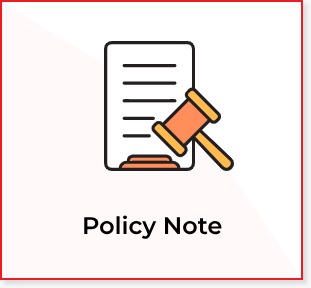The Consortium for Development Policy Research (CDPR) is pleased to announce its webinar, Resilience and Inclusion in Education: Bridging the Learning Gap in the Pakistan Development Policy Series, in collaboration with the World Bank.
The Pakistan Development Policy Series is a series of discussions inviting debate on key development policy issues relating to Pakistan’s economic and social growth, with the aim of finding solutions through engaging multiple stakeholders including government representatives, leading specialists, representatives from the private sector and civil society. This webinar aims to understand the effects of the pandemic on the education sector and outline cost effective interventions for immediate learning recovery.
The panel discussion was guided by the following points of discussion:
- What strategies can be employed to re-integrate drop-outs into the formal schooling system?
- What can an effective strategy for remedial learning look like in Pakistan?
- How can we improve the current system of remote learning to build resilient systems by establishing learning continuity between the home and school environments?
- How can government initiatives address gender-related inequalities in re-integration and learning loss?
- How can stakeholders in the wider ecosystem be leveraged to provide learning solutions to address learning loss?


